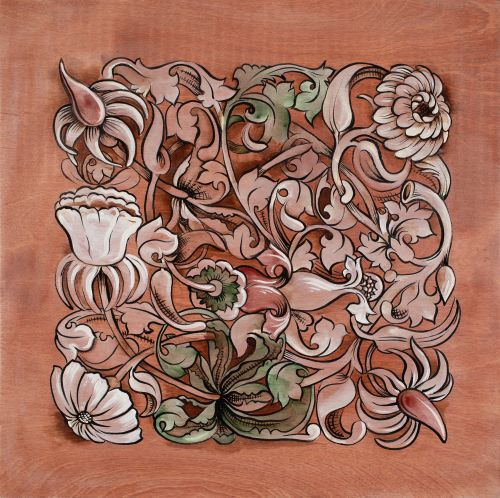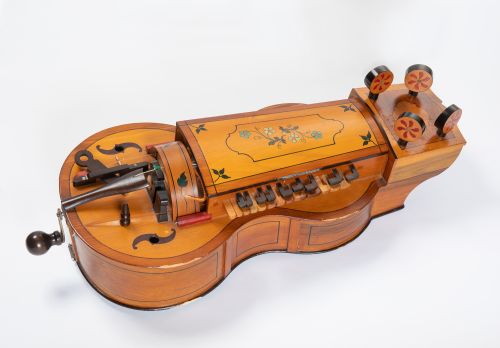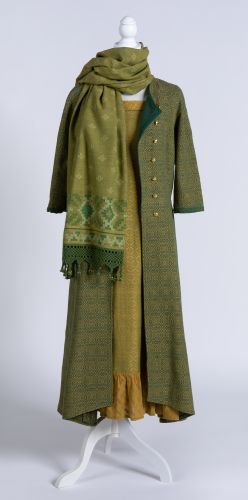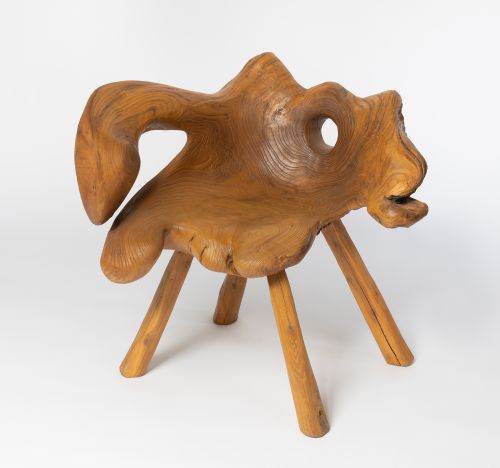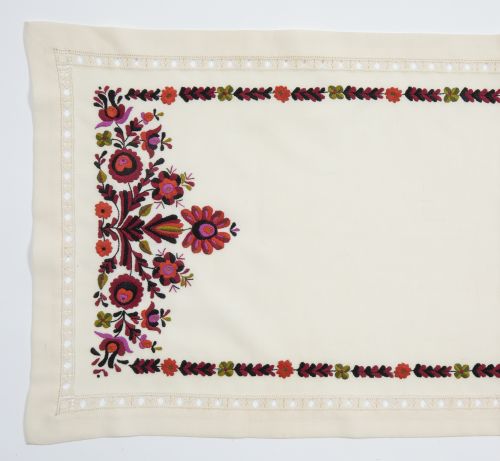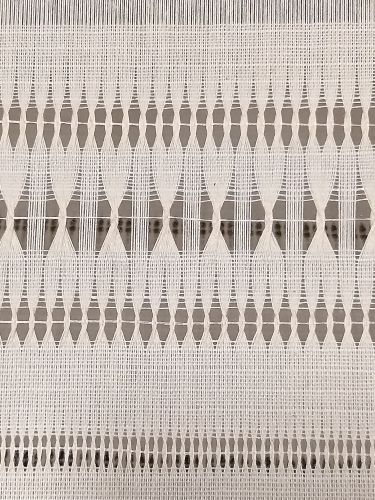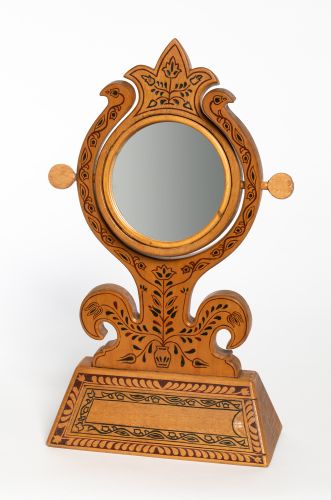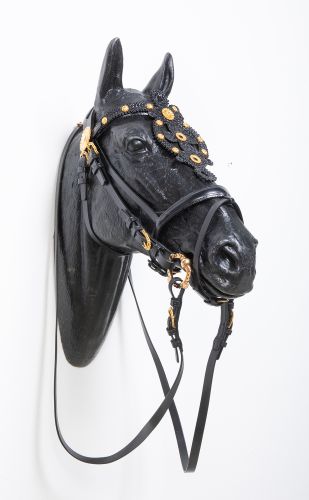Károlyné Illés Dr and her students
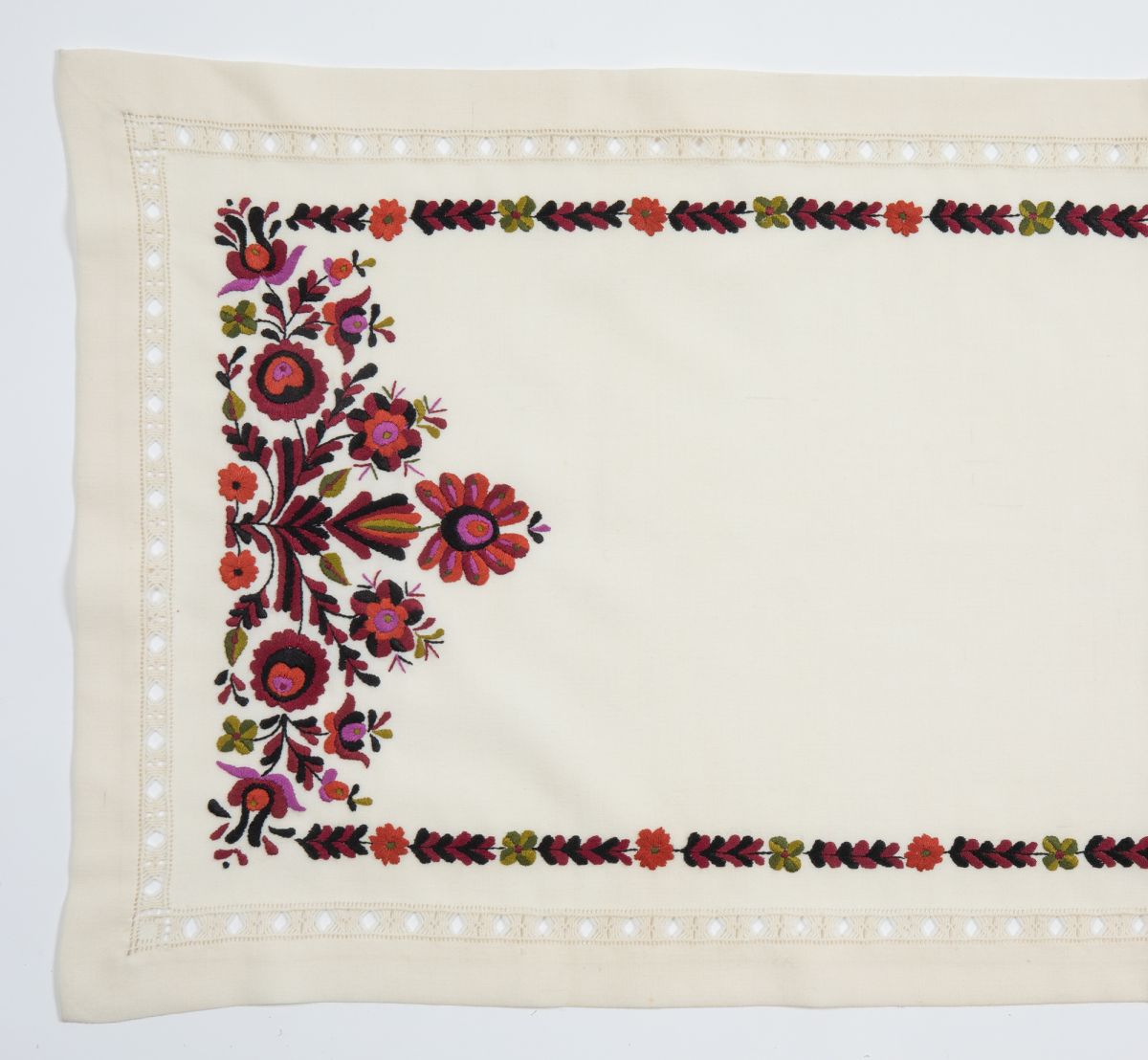
Dr. ILLÉS Károlyné
Table runner with furrier’s embroidery from Gyula / 2012
mixed yarn textile, mouliné cotton yarn, flat stitch, stem stitch and traditional ‘subrika’ embroidery
Photo: SULYOK Miklós
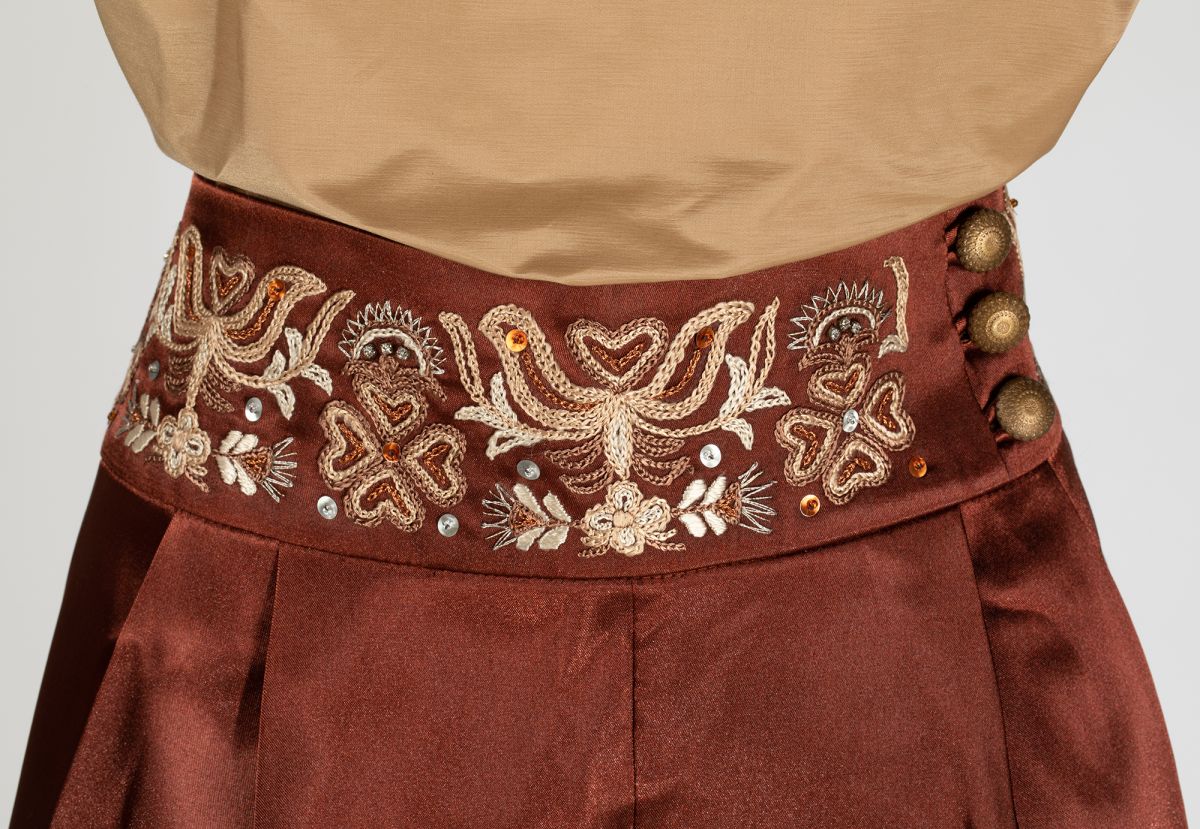
ILLÉS Vanda
Elegant contemporary attire decorated with the adaptation of a Vajnory embroidery pattern / 2021
mixed yarn fabric, corded cotton yarn, metal fbre, glitter, beads, rhinestone
Sewn by: VARGYASI Melinda and FARKASNÉ KUN Anikó
Photo: SULYOK Miklós
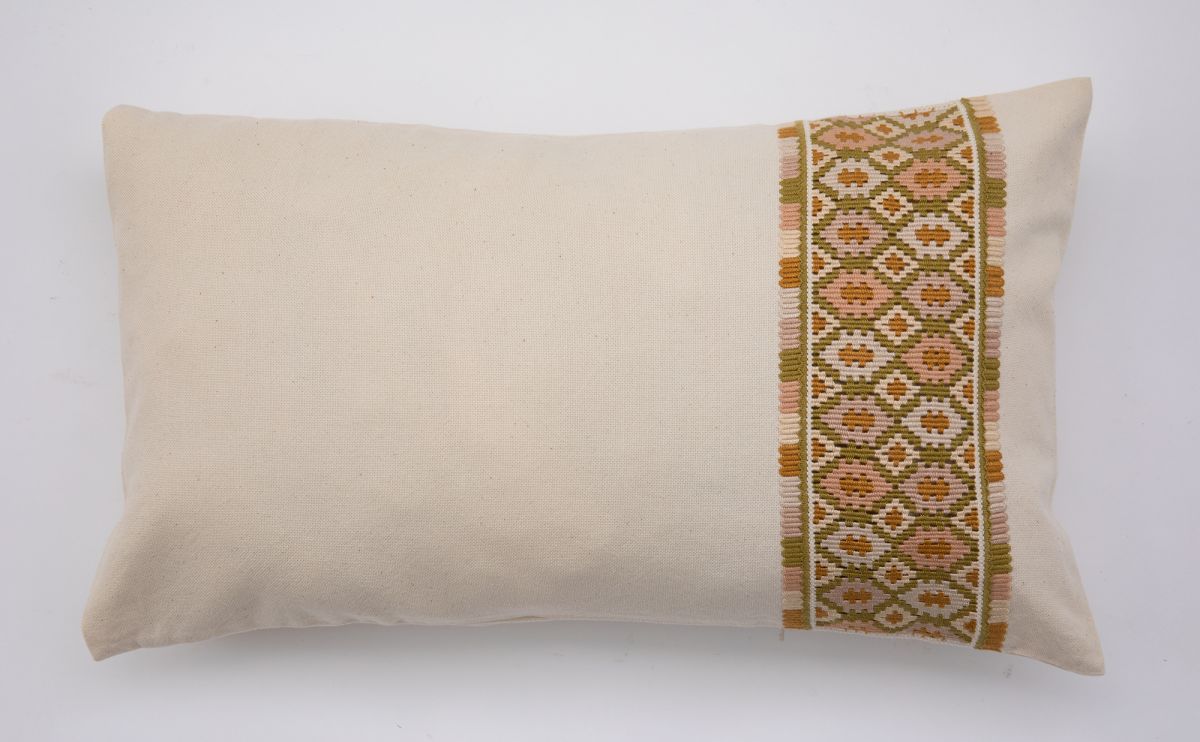
KUDLÁKNÉ BALÁZS Noémi
Festive cushion with Matyó design / 2021
linen embroidered with corded cotton colour yarn, ‘subrika’ technique
Photo: SULYOK Miklós
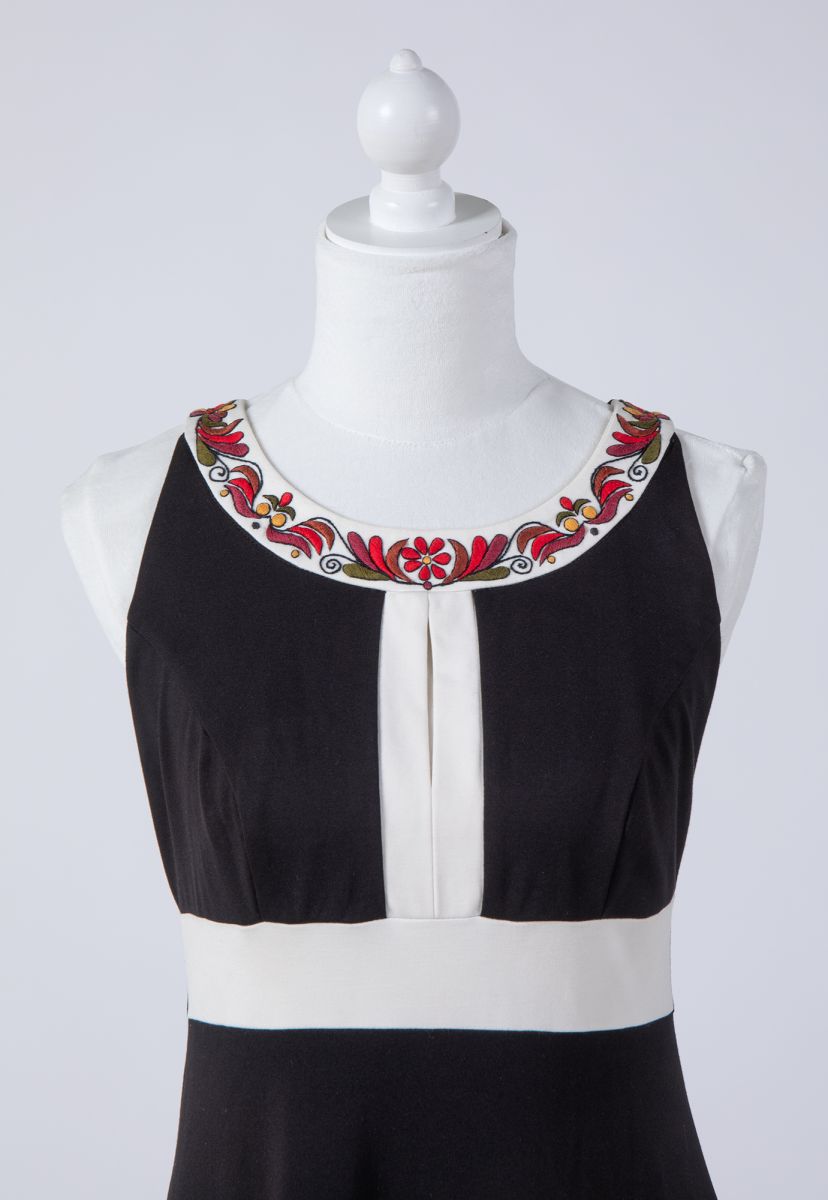
CZIKÓ-MISIK Mónika
Dress decorated with furrier’s embroidery from Békéscsaba / 2020
black-and-white cotton, furrier’s embroidery
Photo: SULYOK Miklós
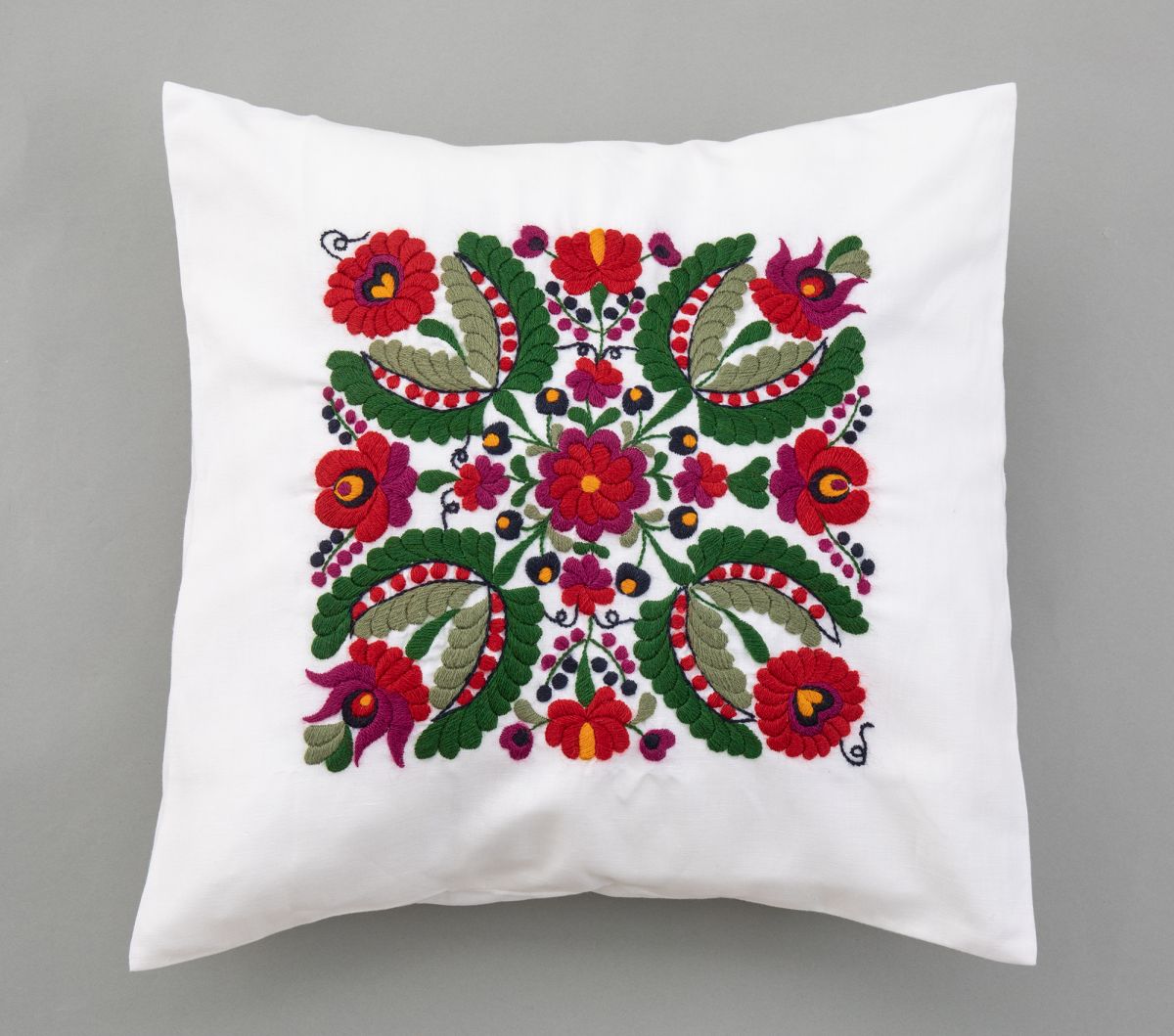
PAP Julianna Bernadett
Cushion with Mezőkövesd woollen yarn embroidery / 2022
linen, woollen yarn
Photo: SULYOK Miklós
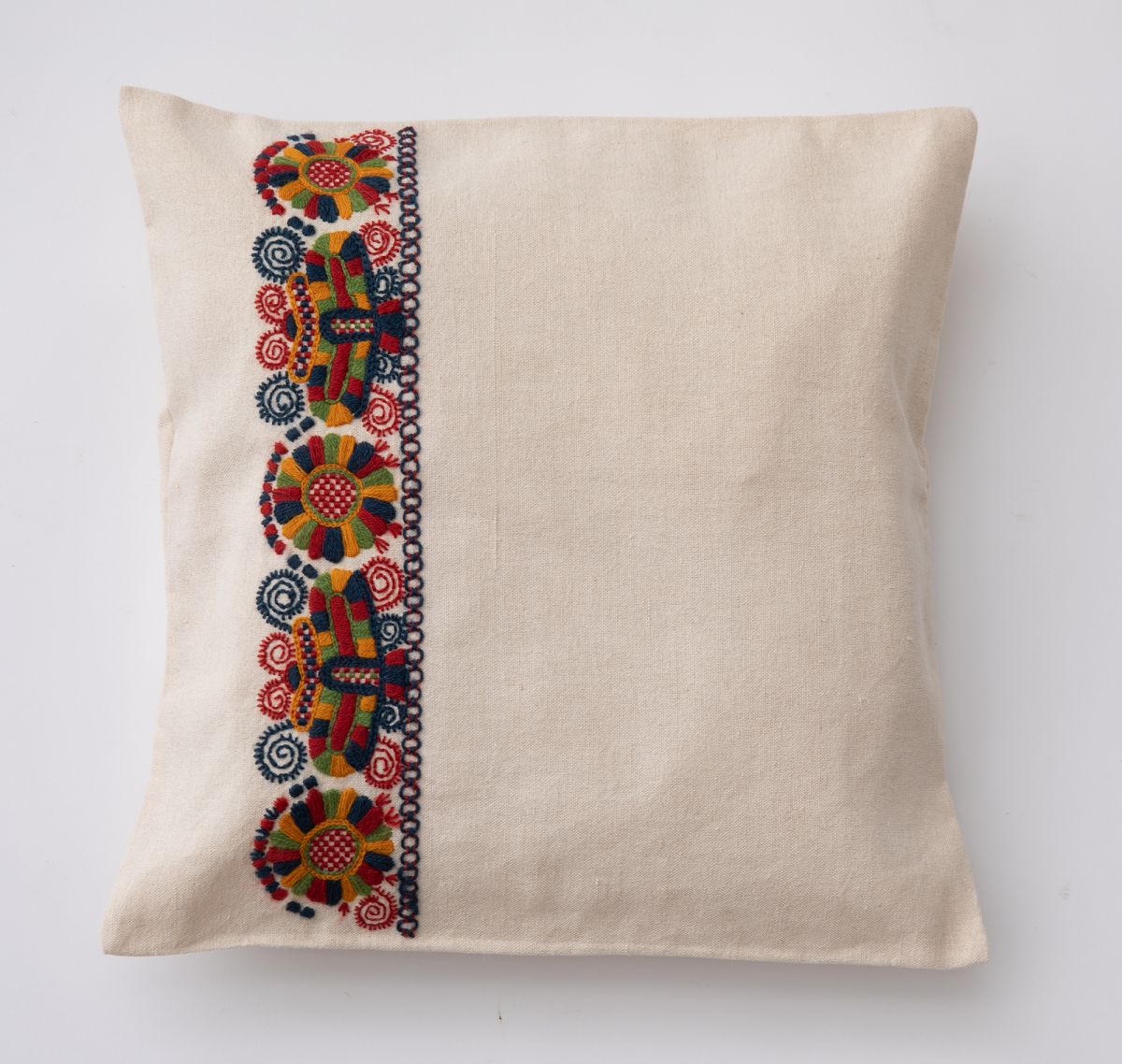
BOGÁRNÉ SZŐKE Erika
Cushion with ‘vézás’ embroidery from Buzsák / 2022
linen, Buzsák ‘vézás’ embroidery with woollen yarn
Photo: SULYOK Miklós
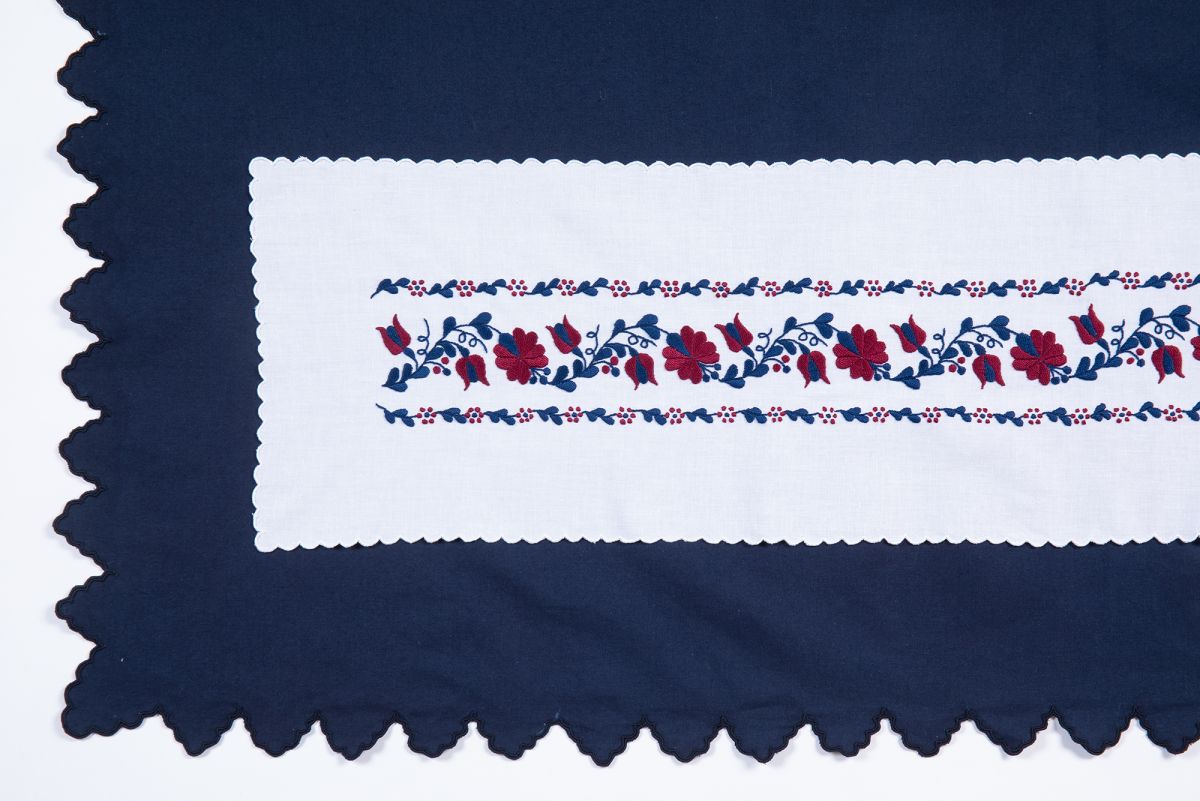
JENEI Anikó
Table centrepiece and basic tablecloth / 2023
cotton-cloth, early Kalocsa embroidery
Photo: SULYOK Miklós
Károlyné Illés Dr has been a leading fgure of keeping alive, fostering and widely spreading the tradition of the embroidery of the Carpathian Basin for a long time. In her youth her masters taught her the knowledge that helped her to grow into an artist with her own, individual voice. As an embroiderer she is profcient in the traditions of virtually all the regions but her creative art is dominated by the free-hand drawn woollen, weaver’s and oblique cross-stitch embroideries of Békés County. She has been collecting folk textiles from the Southern Great Plains region for decades, analysing them and using them as inspiration for her contemporary, practical home decoration and clothing de signs. She is a founding member and permanent member of the Békés County Folk Art Association as well as the president of the National Embroidery Com mittee of the Association of Hungarian Folk Artists and the author-illustrator of several books on embroidery. She received the title of Young Master of Folk Art in 1984, and was recognised with the titles of Applied Folk Artist and the Master of Folk Art in 1989 and 2003, respectively. She has won the Masterpiece of Hungarian Crafsmanship Award three times. She was bestowed with the Hungarian Gold Cross of Merit in 2019 and the award For Living Folk Art in 2021. She was honoured with the recognition of the Ofce of the President of the Hungarian Republic in 2022 for her design of the papal stola.
She has been an instructor of embroidery and weaving since the mid-1980s for young and adult age groups. As a trend-setting master of embroidery she has devoted special attention to fostering talent in Hungary and outside our borders alike. Her students are mostly recognised artists, who have received recogni tions at competitions, while also working as instructors and workshop leaders.
Vanda Illés, an art historian, is the daughter of Mrs Dr Károly Illés and carries on the family tradition. As an embroiderer recognised with the title of Young Master of Folk Art and the Junior Prima Award, she treats Hungarian folk motifs with a progressive approach and her works tending towards con temporary applied arts are primarily attires ofen realised in collaboration with renowned fashion designers. Working for the Hungarian Applied Folk Working for the Hungarian Heritage House, she has organised numerous nation al competitions as well as professional events linked to many areas of folk crafs.
Erika Bogárné Szőke is an Object-making Artist, who is committed to passing on the traditional culture of embroidery with tireless hard work com bined with outstanding technical skills and precision. In order to realise this calling, she is running various communities for different age groups in many towns and villages.
Mónika Czikó-Misik was nine years old when, instructed by her primary school drawing teacher, Mrs Dr Károly Illés, she embroidered her frst book mark, afer which she immersed herself more and more in the study and prac tice of embroidery. She was frst inspired by the joy and beauty of embroidery but now by the desire to seek out and collect embroidery patterns. Her designs of clothes with the weaver’s embroidery of Békés County can be regularly seen at Hungarian fashion shows.
Anikó Jenei is an Object-making Applied Folk Artist, who is known and recognised as an instructor of hand and machine embroidery as well as an autonomous artist. She is a profcient expert on the tradition and practice of Kalocsa embroidery.
Noémi Kudlákné Balázs is an embroiderer and lace maker carrying on her family heritage of the love of beauty, the practice of embroidery and the gif of originality. It was Mrs Dr Károly Illés who opened the beautiful world of embroi dery wide before her and taught her to learn and teach others. As an artist she has been exploring new areas and making innovative adaptations, while as an in structor she draws joy from sharing her knowledge and fostering communities.
Julianna Bernadett Pap, as a native of Mezőkövesd, was born into Matyó folk art, but embroidery, its practice and teaching became her profession when she obtained her embroidery and teaching qualifcations in the class of Dr Károlyné Illés. She is characterised by her mastery of many different styles and techniques, besides authentic elements she likes to experiment with in novative ideas, her own creations and the works of the workshop she leads are presented regularly and successfully at national exhibitions. She chairs the Matyó Folk Art Association, and was named Master of Folk Art in 2022.
